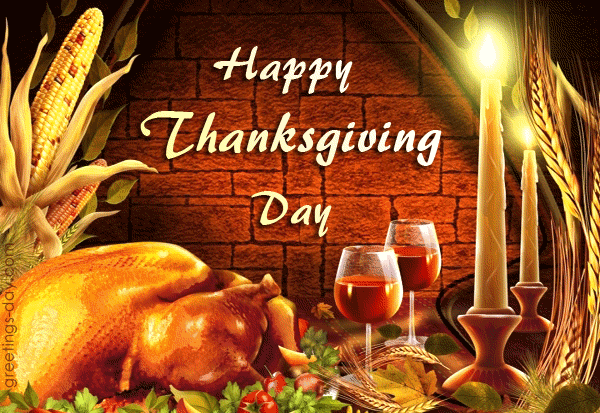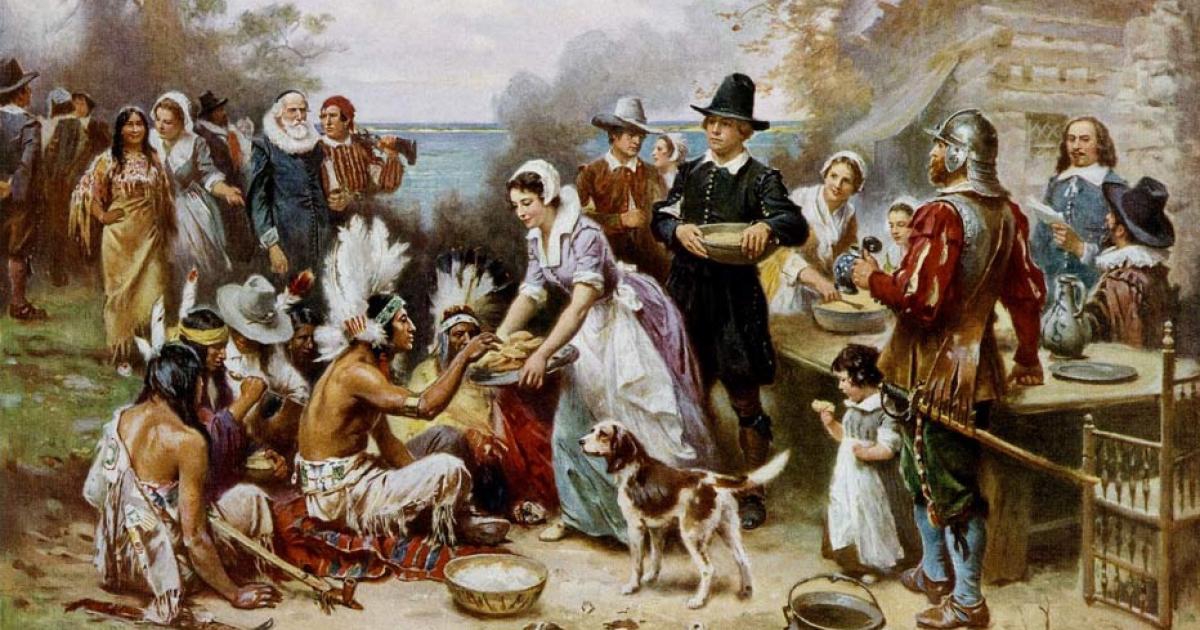Lecturer of the Psychology Department at the Dnipro Institute of PJSC HEI "MAUP", legal expert, psychologist at the Amur-Nizhniodniprovskyi District Department of the State Institution "Probation Center" in the Dnipropetrovsk Region, Eduard Abashiya provides the following information. Thanksgiving Day (The Thanksgiving Day) – a national holiday in the USA, which in 2024 falls on Thursday, November 28. The holiday is celebrated at the state level on the second Monday in October in Canada and on the fourth Thursday in November in the United States.
The roots of this holiday go deep into American history, to the first settlers from England who arrived on the shores of America in 1620 on the ship "Mayflower". The settlers landed after a difficult voyage through a stormy ocean in the current state of Massachusetts on a frosty November day and founded the Plymouth Colony. More than half of the approximately hundred arrivals could not survive the harsh winter and died from cold, hunger, and disease. Those who survived established the colony and in the spring, with the help of local Indians who taught them which crops and how to grow on this rocky soil, began cultivating the land.
The harvest turned out to be abundant and became, to some extent, a reward for the efforts made. In November 1621, after the first corn harvest collected by the pilgrims proved successful, the first governor of the colonists, William Bradford, proposed holding a day of thanksgiving to the Lord in honor of the harvest festival and organized a festive feast, inviting a group of Indian allies of the young colony, including the Wampanoag chief Massasoit. The festival, now remembered as the "first Thanksgiving in America" - though the pilgrims themselves may not have used this term at the time - lasted three days. Although there are no records of the exact menu of the first Thanksgiving, much of what we know about what happened at the first Thanksgiving comes from the pilgrims' chronicler Edward Winslow, who wrote:
"The harvest was gathered, and we received it. When we gathered the harvest, our commander sent four men hunting, so that we could especially rejoice together, having gathered the fruits of our labor; They four in one day hunted as much fowl as, with little help, served the society for almost a week, and during this time, among other entertainments, we practiced weapons handling; many Indians came to us, and among others - their greatest king Massasoit with ninety men, whom we entertained and treated for three days, and they went and hunted five deer, which they brought to the plantation and presented to our governor, as well as to the captain and others. And although it is not always as abundant as it was for us this time, but, by the grace of God, we are so far from need that we often wish that you could be participants in our abundance".
For over two centuries, days of thanksgiving were celebrated by individual colonies and states. Only in 1863, in the midst of the Civil War, did US President Abraham Lincoln proclaim a national Thanksgiving Day to be celebrated annually in November. But the holiday was not without controversy. Many Americans, including Native Americans, believe that the Thanksgiving celebration conceals the true history of oppression and bloodshed that underlies the relationships between European settlers and Native Americans.

The spiritual significance of the holiday, beyond thanksgiving for the harvest, often consists of summing up one's spiritual life and anticipating the second coming of Christ. This is based on the words of the Savior: "He who sows good seed is the Son of Man; the field is the world, the good seed represents the sons of the kingdom, and the weeds are the sons of the evil one; the enemy who sowed them is the devil, the harvest is the end of the world, and the reapers are the angels" (Matthew 13:37 - 39).
 Eng
Eng  Укр
Укр 